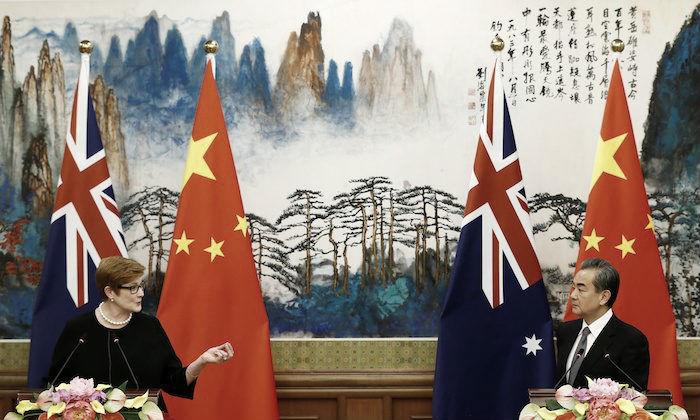Analysis
The bipartisan consensus around fostering a strong trade partnership with China while maintaining a robust military alliance with the United States has broken down as Washington moves to challenge an increasingly aggressive China.

The bipartisan consensus around fostering a strong trade partnership with China while maintaining a robust military alliance with the United States has broken down as Washington moves to challenge an increasingly aggressive China.